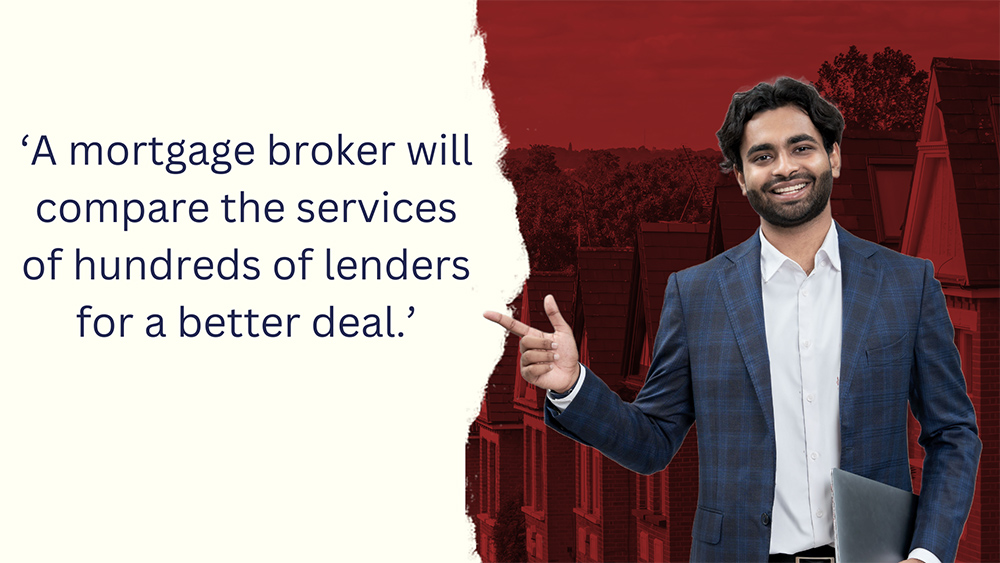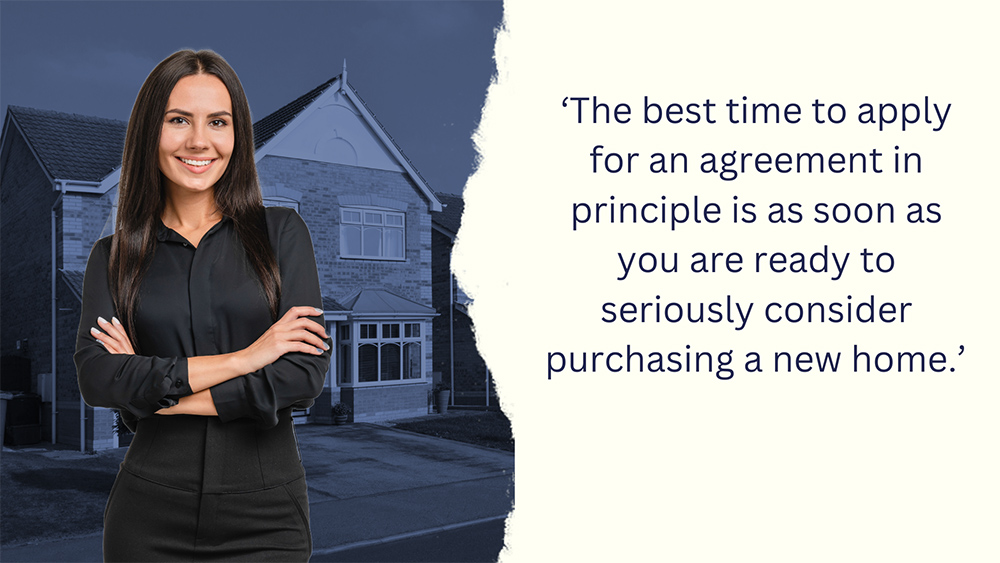
Starting out to by your first home is an exciting journey, but is also a time where you’ll be exposed to a lot of new concepts and things to think about. One of the first phrases you’re likely to hear in the early stages of buying your first home is ‘agreement in principle’ or AIP.
An agreement in principle is an important first step towards securing a mortgage. Getting an AIP will let you know how much you could borrow before fully committing to applying for a mortgage. It’s also a great way to show lenders that you are serious about buying a property.
If you’re new to the property market, keep in mind that an agreement in principle can be referred to by several names:
• an Agreement in Principle
• a Decision in Principle
• a Lending Certificate
• a Mortgage Certificate
• a Mortgage in Principle
• a Mortgage in Promise
That might sound like a lot to take in – but don’t panic! The good news is that these terms all generally mean the same thing. The key point to remember is that an agreement in principle signals your intent to buy and let’s you know how much you could borrow on a mortgage.
While an AIP is a useful way to get an idea of how much you could borrow, it isn’t a binding agreement between you and your lender. Think of an agreement in principle as a check that shows what you could borrow in principle – subject to further financial checks by your chosen lender.

It may surprise to learn that an agreement in principle isn’t compulsory – but do remember that there are some very good reasons for getting one!
• An AIP gives you a clear indication of what you can realistically afford. You could find out that you borrow more than you thought, or you may find that you need to dial back slightly depending on your circumstances.
• Having a true understanding of what you can expect to borrow is also useful for not over-reaching and applying for a mortgage that is too large, resulting in your application being rejected. A failed mortgage application can have a negative impact on your credit score and make applying for a mortgage a second time harder still.
• Even though an agreement in principle is optional, some estate agents will only take you seriously if you have an agreement in principle in place. Showing that you are ready to buy will help you to get viewings and jumpstart your journey into your new home.
• It’s peace of mind for you too! While an agreement in principle is important for showing estate agents that you are a serious buyer, it’s also a good way for you to know that you are on the right track – especially for first time buyers.
No, unlike a full mortgage application, an agreement in principle will not affect your credit score. This is because the application for an AIP only involves a soft credit check, so you can get a reliable indication of how much you can borrow without risking any harm to your credit score.
If you would like to get an idea of how much you could borrow on a mortgage before reaching out to a broker directly, our Mortgage Calculator can compare rates from hundreds of lenders and even highlight the best current mortgage deals for you.
If you’re ready to apply for an agreement in principle, you’ll need speak to either a mortgage broker or potential lender directly to find out how much you could borrow.

A pro-tip to remember is that while high-street lenders, such as major banks, may appear as a good place to start with an agreement in principle, a mortgage broker will compare the services of hundreds of lenders. This way they can uncover rates and deals you might otherwise have missed. These can include unique deals offered by high-street banks that aren’t available when applying to them directly.
The documents that you’ll need for an agreement in principle are the same as what you’d provide for a full mortgage application. The only exception is providing details on the property you are looking to buy – as you may not have found one yet!
Typically, you will be asked to give:
• A photo ID (Passport or Driver’s License with current address)
• Three year’s address history
• Evidence of income (3-6 months of payslips, or up to date SA302s if you are self-employed)
• Last three months bank statements
• Evidence of your current credit and other outgoings
• Details of the property you would like to buy (this only applies if you have somewhere in mind)
Proving as much accurate information as you can is really important. You may be able to get an AIP without all of the documents above, but keep in mind that any discrepancies could cause problems as you progress through your final mortgage application.
Once you have secured your agreement in principle, it’s time to either begin hunting for a property that interests you, or start the process of a full mortgage application if you have found a home that you want to buy.
Remember that an agreement in principle isn’t the same as a formal mortgage offer and simply means that preliminary checks have been undertaken in conjunction with your proposed mortgage. A further mortgage application matching your agreement in principle will need to be made within the time specified by your lender and any resulting offer will be subject to subject to status, proof of income, lender criteria and property valuation at that time.
An agreement in principle is usually valid for between 30 and 90 days, after which you’ll need to arrange new terms. You may be able to renew the terms of the agreement once this time has elapsed, but this isn’t always possible.
While an AIP is a good way to signal that you are ready to buy and provide a realistic indication of how much you could borrow, it’s important to keep in mind that a mortgage certificate doesn’t guarantee you a mortgage.
On the other hand, it’s worth remembering that an agreement in principle doesn’t lock you in with a specific lender, so you are free to shop around and apply for AIPs with other venders if you want a better deal.
A mortgage in principle is simply an indication of how much you could borrow, so if your circumstances change or a hard credit check uncovers something in your credit history, a mortgage application can still be declined.
This is why making sure you are on top of your finances and that the information you provide is as accurate as possible – it’ll help you avoid any nasty surprises down the line. A mortgage broker can help to advise you on exactly what you’ll need and make sure that everything is in place before you finally apply for your mortgage.
The best time to apply for an agreement in principle is as soon as you are ready to seriously consider purchasing a new home. Having idea of what you can borrow before you decide to make an offer on a property will enable to move much more quickly and present a more attractive buyer to the seller. Remember, the seller will want to take the ‘path of least resistance’ when selling their property – especially if they are depending on the sale to finance their own move.

Whether you’re looking to buy your first home, or move into a larger property, Edward Mellor are here to help you through your journey from beginning to end.
Every lender will have their own way of calculating how much they are willing to allow you to borrow and the rate of interest, so working with a mortgage advisor is the best way to find the right mortgage for your circumstances. A mortgage broker will compare potentially thousands of products and guide you through the pros and cons of the best available options.
If you are ready to begin comparing the market for mortgage deals, you can contact the Edward Millor team to book a free consultation with one of our advisors by clicking here or calling 0161 826 2998.
*Your home may be repossessed if you do not keep up repayments on your mortgage.